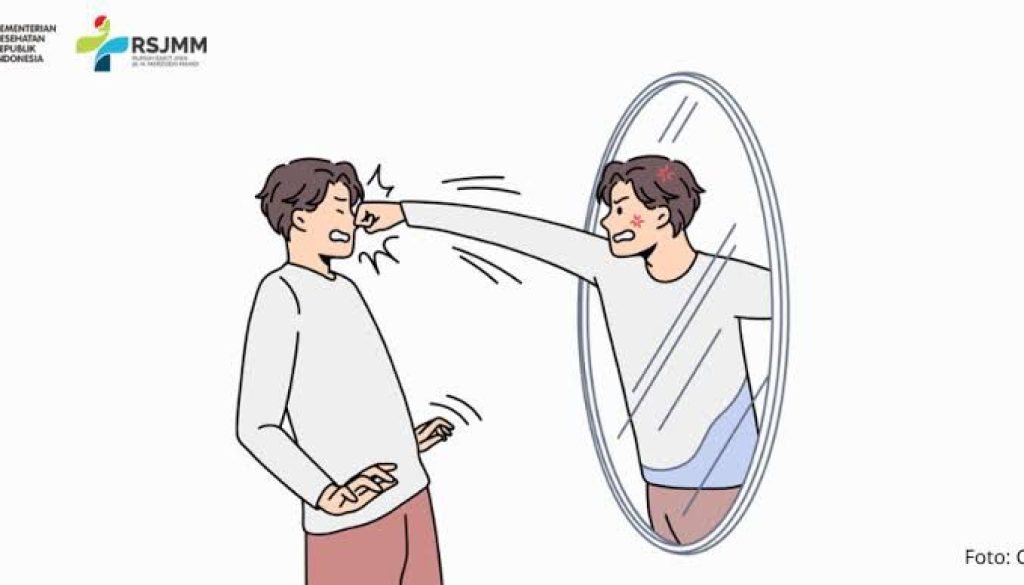Understanding the mentality behind SELF HARM
Self-harm is a complex and sensitive topic. If you or someone you know is struggling with self-harm, it’s essential to seek help from a mental health professional or a trusted adult.
Understanding Self-Harm
Self-harm, also known as self-injury or non-suicidal self-injury (NSSI), refers to the intentional act of causing physical harm to oneself without the intention of ending one’s life. Common forms of self-harm include:
1. Cutting or slashing
2. Burning
3. Hitting or punching
4. Scratching or picking at skin
Reasons for Self-Harm
People may engage in self-harm for various reasons, including:
1. Coping with emotional pain or distress
2. Managing anxiety, depression, or other mental health conditions
3. Dealing with trauma or stress
4. Feeling overwhelmed or helpless
Seeking Help
If you or someone you know is struggling with self-harm, it’s crucial to seek help from:
1. Mental health professionals (therapists, counselors, or psychologists)
2. Trusted adults (parents, teachers, or family members)
3. Support groups or online resources
In conclusion
Sel Harming could be a reflection of depression, mental disturbance or emotional issues. People who self harm deserve care and special attention. They should not be left alone and should be taken for therapy.



